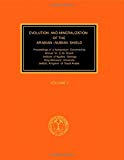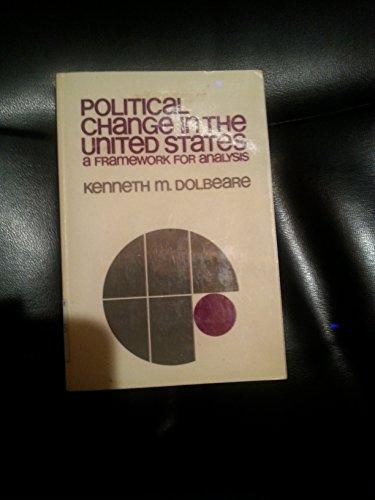The Ills Of Aid: An Analysis Of Third World Development Policies
Eberhard Reusse
With this book, Eberhard Reusse channels thirty years of experience with international aid programs into the task of both diagnosing the problems afflicting these programs and formulating a possible cure. Supporting his analysis with detailed case studies of two rural development programs in Africa—the United Nations’ "War on Waste" and cereal banks for small-farmer communities—Reusse reveals a system riddled with flaws. Impatient assumptions, belated and often suppressed recognition of their invalidity, and the perpetuation of unsuitable programs over decades—all are characteristic of the system. Local populations "fail" to participate in programs, or their accumulated firsthand knowledge is ignored and marginalized. Development experts make misjudgments or are adversely pressured by funding concerns. Programs are unevaluated and unaccountable to donors, perpetuating themselves long after they’re proved ineffective or inefficient. And throughout the book, Reusse demonstrates the principal systemic flaw: unrealistic interventionist paradigms—that is, Western notions of Third World realities that misidentify needs for intervention—at the root of most inappropriate development policies. The problems continue to this day.
Very few critiques of foreign development aid have approached the subject from the perspectives of organizational, rural, or epistemic sociology. The Ills of Aid combines all three, and points toward fundamental solutions: more direct accountability to the primary funding base—the international taxpayer—and the privatization of aid. Learned, pragmatic, and important, The Ills of Aid is essentialreading for all in the field.Organization, other international and bilateral development programs, and development financing institutions. His field experience embraces more than forty countries.
Foreign Affairs
A former aid official with experience in Africa and elsewhere, Reusse offers a bottom-up critique of foreign aid as it is actually executed. He provides two detailed case studies for verisimilitude. The first discusses programs for reducing "food waste" from production to consumption. The second dissects the creation of "cereal banks" for the purpose of relieving farmers of the requirement to store products for future sale and collectivizing the sale of products, thus cutting out some middlemen. Through these studies, he criticizes international organizations, national aid agencies, and some nongovernmental organizations for "cultural imperialism." They ignore indigenous institutional structures, which are often more efficient than credited for by outsiders, and persistently impose donor paradigms long after a dispassionate analysis would indicate that the imported model has failed or is sustainable only with perpetual financial assistance. The author's plea is not to stop aid but to provide donors with greater knowledge and respect for local conditions. Donors should monitor programs critically and drop failing programs sooner, while introducing greater accountability into aid-giving institutions.
| Name in long format: | The Ills Of Aid: An Analysis Of Third World Development Policies |
|---|---|
| ISBN-10: | 0226710149 |
| ISBN-13: | 9780226710143 |
| Book pages: | 127 |
| Book language: | en |
| Edition: | 1 |
| Binding: | Hardcover |
| Publisher: | University Of Chicago Press |
| Dimensions: | 6.00 (w) x 9.00 (h) x 0.70 (d) |












